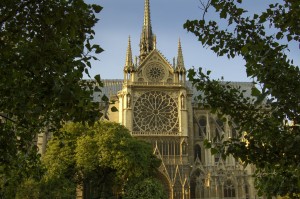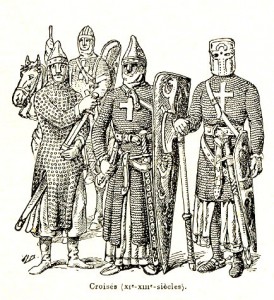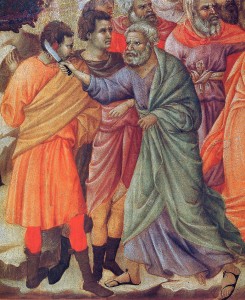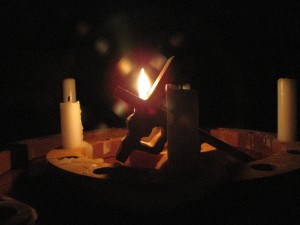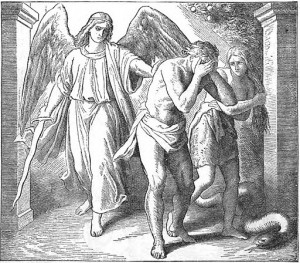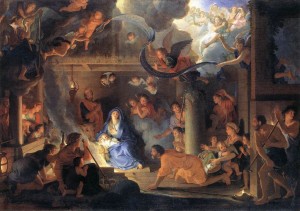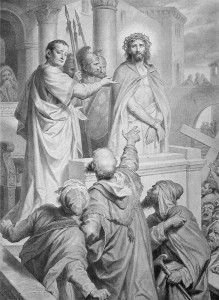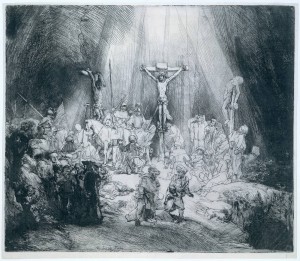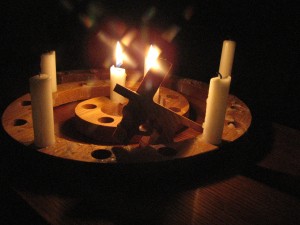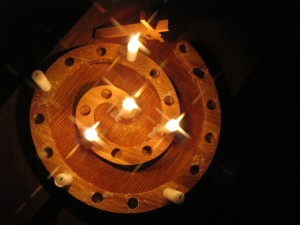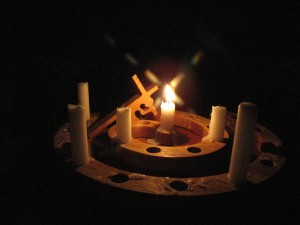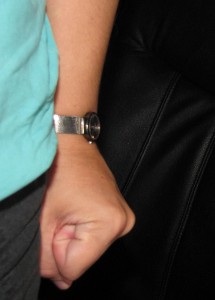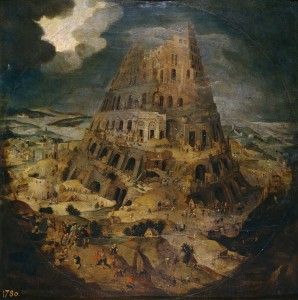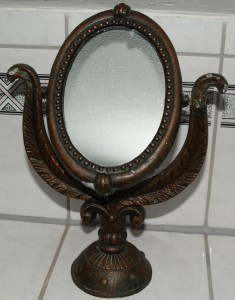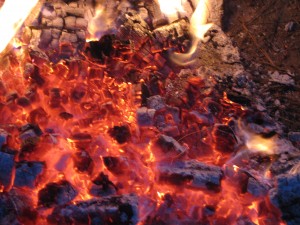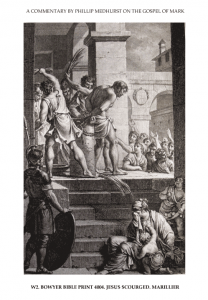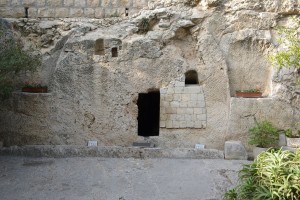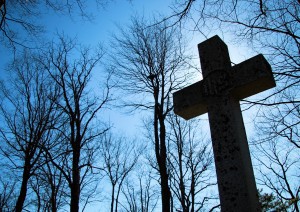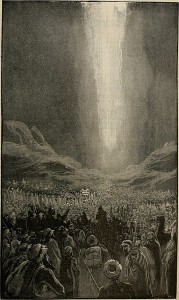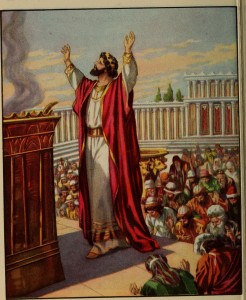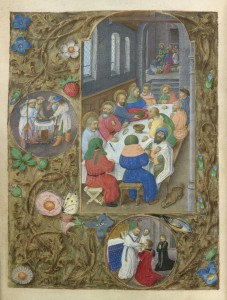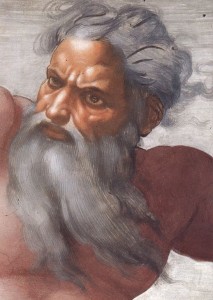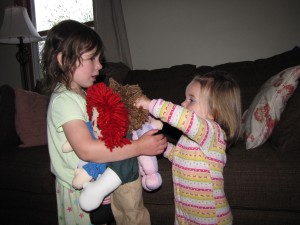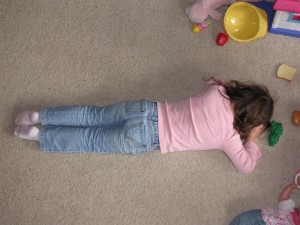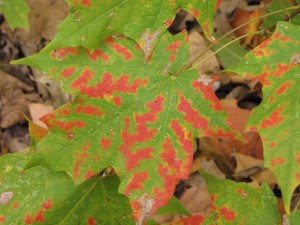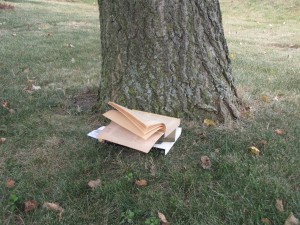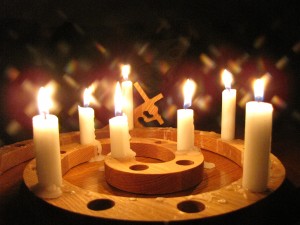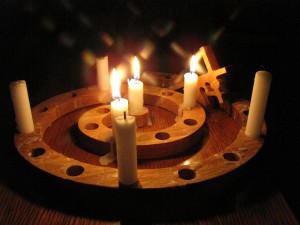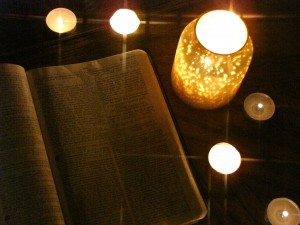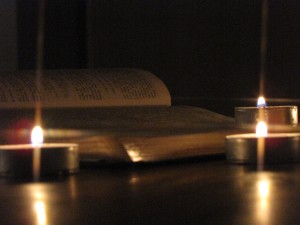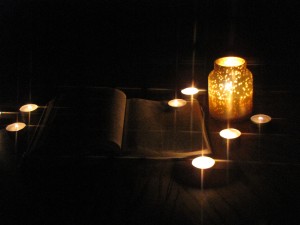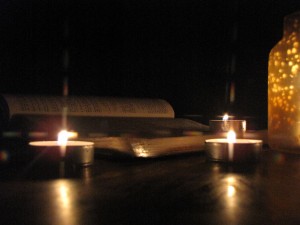I made a mistake on Facebook the other day.
A friend of a friend posted something harsh about those who believe differently than she does about face masks, and I had had enough.
I responded.
I shouldn’t have, but I responded.
When she escalated, making comparisons to people in concentration camps, I realized my mistake. I am not going to change anyone’s mind on Facebook. I cannot not argue someone into a different viewpoint.
I can, however, love people on Facebook. I can show the unity and love of Jesus in the way that I interact with others. My comment, while not harsh or ugly, did not show unity or love.
I deleted my responses.
I expect harsh words and vitriol from the world. Christians, however, should never engage in that kind of vicious attack and nasty rhetoric.
As emotions become more volatile in this season of uncertainty, as choices about what to do next vary wildly, as words become our weapon of choice, I offer a word of warning, a plea, to myself as well as to you.
Satan wants this. This is a perfect opportunity for him to divide the church over this issue of shelter-in-place vs reopening the economy, over enforced face masks vs the freedom to choose.
I’ve already written of how important it is for us, the Church, to be unified.
Not for us to agree on everything, but to love each other. To love each other no matter what.
This is so important that it was one of the last things Jesus asked of God before He was crucified.
Why is this particularly important right now, in this season?
As more and more people get sick with COVID-19 and die, as more and more people lose their jobs because of prevention measures, we become more and more afraid.
And fear causes us to do crazy things, both to each other and to those around us who are outside of the Church.
We are living in uncertain times. Our lives and our livelihoods are threatened. The illusion that we are in control has been stripped away.
We find ourselves fighting back against this invisible enemy by fighting with the people we can see.
We as a Church are good at fighting.
We have a tendency, when we are afraid, to lash out at anyone who disagrees with what we believe to be true. Rather than following Jesus’ way of loving those who hurt us, of being at peace with those around us, we strike out blindly at anyone near us in an attempt to fight the enemy we cannot reach.
This is what Peter did. He was terrified of losing Jesus, terrified of losing his own life, uncertain of what would happen next, and he reacted by pulling out his sword to start slicing off ears.
Jesus, however, picked up that ear, calmly placed it back onto its owner’s head, and walked quietly off to meet His death.
We have a perfect opportunity in this season to react out of love rather than out of fear. To treat those who disagree with gentleness, bringing peace rather than war. To show that we are Jesus’ disciples by the way we love each other.
Jesus speaks over and over again about His kingdom coming through the humble, the weak, the foolish. He is adamant that the kingdom of God is not about force or hatred.
When Jesus gets down on his knees to wash the filthy feet of the apostles, he washes Judas’ feet as well.
Everything we do to live out God’s kingdom here on earth must be done under the shadow of the cross.
Perhaps we should stop fighting to convince other believers that we are right and start figuring out how to work together to show God’s love to the sick and the jobless. Perhaps we should begin by humbly admitting that we don’t have all the answers and we might be wrong. Perhaps we should remember that God’s kingdom grows best one soul at a time through lives lived in quiet love and service, not through arguing angrily on social media.
Perhaps we should stop slicing off ears and instead begin the work of healing by dying to ourselves as we live as Jesus did. We can start by loving each other.
To hear my blog post read aloud, just click the play button. If you’re reading this in an email, you may have to click here to hear the post on my site.
Art credit: Photograph of cathedral by Kirk Sewell; Image of the Croisés from 1922; St. Peter Cuts the Slave’s Ear by Duccio di Buoninsegna

